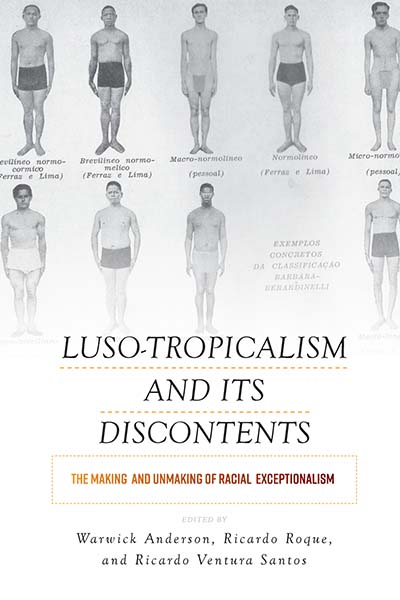Red Bone Woman, A NovelPosted in Books, Louisiana, Media Archive, Novels, Women on 2019-05-13 22:31Z by Steven |
John Day Company
1950
314 pages
Carlyle Tillery (1904-1988)
The Stark Novel Of A Swamp Girl And A Lonely White Man — Carries The Wallop Of Faulkner And The Skills Of Caldwell
Literary Guidepost
Corsicana Daily Sun
Corsicana, Texas
page 18, column 2
Thursday, 1950-04-06W. G. Rogers
Red Bone Woman, by Carlyle Tillery (John Day; $3.)
Son George packs up and goes off to a city job: daughter Molly is already married to Bill; wife Rose has died. That leaves Mr. Randall all by himself on the big Randall place in Louisiana, with a lot of his land exhausted, too much stock for one fellow to tend to and too many acres to plant.
A man can go from lonesome to shiftless to worse, or he can figure, as Mr. Randall does, that he isn’t finished just because he’s abandoned, and that if the first family he raised has left him, there’s time to raise a second.
For he isn’t so old, and he gets to thinking about the barefoot Red Bone girl down the road a piece. She is Temple Hamper, who stands day after day fishing in the creek near where he hoes. White women would rather live in the city, he has discovered; anyway, he isn’t young enough nor well enough off for a white woman. So though he knows how some folks in his neighborhood feel about the Red Bones, or Spanish white as they call themselves, he ups and asks Temple how she’d like to live in the big house with him.
She would, she says. After they settle down to the daily chores in the fields together, after he becomes used to her ways about his home, ho decides, though it seems unnecessary to her, to marry her. That’s pretty hard for George to take, and Molly won’t take it at all. These Red Bones, with skin darker than whites’ and lighter than negroes’, are almost illiterate. Temple, and Randall, too, are not educated enough to philosophize about race relations: they just solve them, for after all, they are intelligent. A determined couple, they make a happy life for themselves, a life so happy it is worth fighting for when a white-sheeted gang threatens it.
They are a rare couple, too, simple and honest, trying doggedly to master their personal and social problems. Sharing in their delights and appalled at their tragedy, the reader will remember them with a lasting affection. Tillery is a name to add to the large list of distinguished southern writers.









